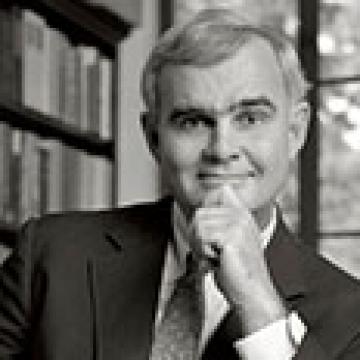James Buchanan: Foreign Affairs
The sectional crisis and threat of civil war meant that James Buchanan could not pursue an activist foreign policy. Virtually his entire foreign policy was focused on strengthening the influence of the United States in nations to the south of it. He told Congress in 1858, "It is, beyond question, the destiny of our race to spread themselves over the continent of North America."
Cuba and Central America
Buchanan's foreign agenda remained focused on the Caribbean, a region with which he had dealt while he served as ambassador to England under Franklin Pierce. As President, he did not give up on his hopes to annex Cuba, but continual Republican opposition doomed these plans. Buchanan had the filibuster William Walker arrested after setting up a dictatorship in Nicaragua's Mosquito Coast, but the Department of State released Walker, who claimed that he had been acting as Buchanan's agent. Nicaragua denounced Buchanan for his interference in its affairs.
Asserting American Sovereignty
The British, who had plans of their own in Central America, came into conflict with America in the region. On several occasions, Buchanan sent naval forces to warn the English. He successfully pressured the British to limit their presence in Central American countries. Buchanan also used the Navy to counter British ships off Washington's San Juan Island and sent troops to enforce American sovereignty. The British backed down, discerning that the United States was determined to assert its authority.
Only congressional preoccupation with the John Brown raid prevented another possible conflict with Mexico. Even though the war between the two nations had been over for a decade, settlers were still being harassed and even killed near the border. Buchanan wanted another military incursion into Mexico to establish a military protectorate in northern Mexico, but Congress, its hands full with the Brown rebellion at home, had little enthusiasm for a war abroad. Nor did Congress provide Buchanan with funds to police Central America and Mexico, and the Senate did not pass a treaty sent by the President in which Mexico provided the United States with transit rights. He did win reparations from Mexico, Costa Rica, and Colombia for damages to American property, and he also won transit rights from Nicaragua. Buchanan used American power to intimidate and bully smaller Central American and Caribbean nations, earning a great deal of ill will toward coercive American diplomacy.
